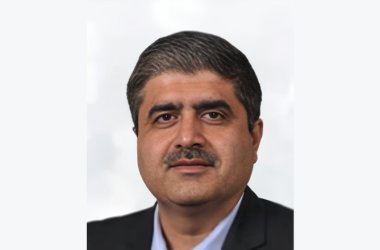Palo Alto Networks is formalising its cooperation with the INTERPOL Global Complex for Innovation (IGCI). Palo Alto Networks is the first cybersecurity company to sign a Data Exchange Agreement (DEA) with INTERPOL.
This agreement aims to combat criminal trends in cyberspace, cyberthreats and cybercrime globally through sharing threat information generated by Palo Alto Networks and Unit 42, its threat intelligence team. Palo Alto Networks will be involved in the operational briefings at INTERPOL and vice versa. A threat intelligence expert from Unit 42 will be assigned to collaborate with the IGCI, helping provide a clearer understanding of the current landscape, which can equip law enforcement officers with powerful information needed to prevent successful cyberattacks.
While the agreement formalises the cooperation between Palo Alto Networks and INTERPOL, both parties have long been in collaboration. Early this year, Palo Alto Networks was one of seven private sector companies that provided support to an INTERPOL-led operation targeting cybercrime across the ASEAN region, resulting in the identification of nearly 9,000 command-and-control (C2) servers as well as hundreds of compromised websites, including government portals.
Palo Alto Networks recent State of Cybersecurity in Asia-Pacific survey revealed that 44 per cent of organisations across Asia-Pacific have already started sharing threat information with other companies in their industry. This agreement extends the kind of information sharing needed across industries, public and private organisations to close the gap between network defenders and cyber adversaries and maintain trust in our digital way of life.
“Cybercrime represents a significant amount of risk for businesses and organisations today. This collaboration marks a mutual commitment to information sharing, which is necessary in preventing successful cyberattacks. Together with INTERPOL, we can continue to raise awareness and educate business leaders and reduce the collective cybersecurity risk over time,” says Sean Duca, vice president and regional chief security officer for Asia Pacific, Palo Alto Networks.





